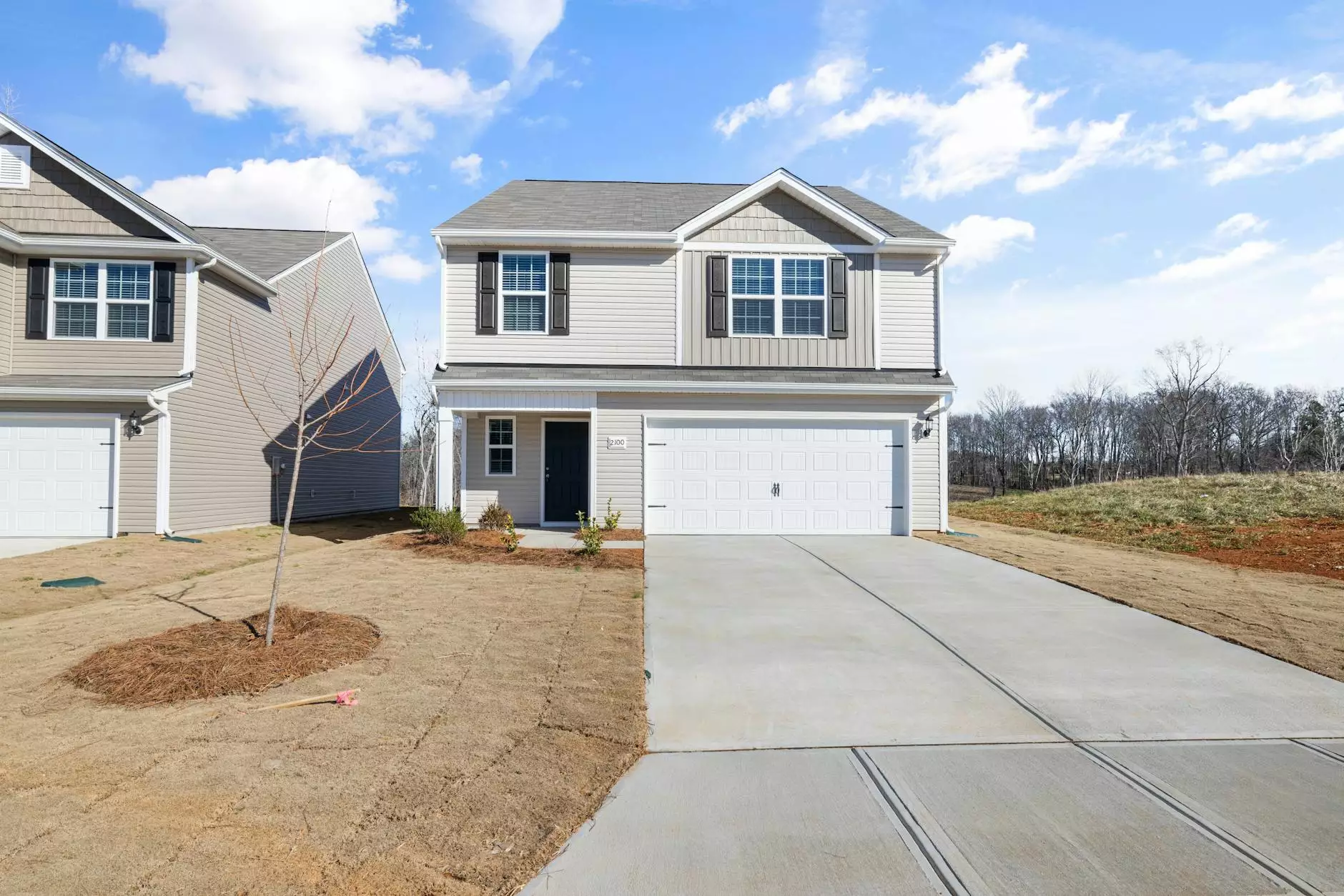Maximize Your Home’s Value with Local Siding Installers

When it comes to enhancing your home’s appearance and protecting its structural integrity, local siding installers play a crucial role. High-quality siding not only improves the aesthetics of your property but also contributes significantly to its energy efficiency and overall value. Whether you’re planning a remodel or a new build, understanding the ins and outs of siding installation can ensure you make informed decisions that pay off in the long run.
Understanding Siding: What It Is and Why It Matters
Siding is the material that ‘clads’ your home, acting as the first line of defense against the elements. It protects your home from wind, rain, snow, and sunlight while also providing insulation. The right siding does much more than just cover your walls; it impacts your home’s energy efficiency, longevity, and resale value.
Benefits of Quality Siding
- Enhanced Curb Appeal: Quality siding transforms the exterior of your home, making it more attractive to potential buyers.
- Improved Energy Efficiency: Properly installed siding can help regulate indoor temperatures, reducing your heating and cooling costs.
- Increased Home Value: New siding not only adds aesthetic appeal but can also significantly boost your home’s market value.
- Protection Against the Elements: Quality materials shield your home from water damage, pests, and harsh weather conditions.
- Low Maintenance: Many modern siding materials require minimal upkeep, saving you time and money in the long run.
Choosing the Right Type of Siding
With so many siding options available, choosing the right one for your home can be overwhelming. Here are some of the most popular siding materials:
Vinyl Siding
Vinyl siding is one of the most commonly used materials due to its durability, affordability, and wide range of colors and styles. It requires little maintenance and can withstand harsh weather conditions. Local siding installers often recommend vinyl for its cost-effectiveness and longevity.
Wood Siding
Wood siding offers a natural aesthetic that many homeowners love. It provides excellent insulation but requires regular maintenance, including painting and sealing, to prevent rot and insect damage. If you prefer a classic look, consult with local siding installers about wood options that suit your home’s style.
Fiber Cement Siding
Fiber cement siding combines cement, sand, and cellulose fibers, resulting in a material that is durable and resistant to fire, rot, and insects. It's available in various styles and can mimic the appearance of wood or stucco. This option is ideal for homeowners seeking a long-lasting, low-maintenance solution.
Metal Siding
Metal siding, including aluminum and steel, is known for its durability and resistance to fire and pests. It offers a modern aesthetic and typically demands little maintenance. Consult with local siding installers about the best metal options for your location and home design.
Why Hire Local Siding Installers?
When it comes to installing siding, hiring local siding installers offers several advantages:
Familiarity with Local Building Codes
Local installers are well-versed in the building codes and regulations specific to your area. They can ensure that your siding installation complies with local laws, helping you avoid potential fines or mandatory rework.
Community Reputation
Established local siding installers usually have a reputation to maintain. They rely on word-of-mouth referrals and local reviews, so their commitment to quality is often higher than that of larger companies that may not have the same local ties.
Personalized Service
Local installers are more likely to offer personalized service, taking the time to understand your specific needs and preferences. This level of customized attention can lead to a finished product that better matches your vision for your home.
How to Select the Right Local Siding Installers
Choosing the right siding contractor is crucial to the success of your project. Here are steps to guide you through the selection process:
1. Research Potential Installers
Start by searching online for local siding installers. Look for companies with a solid reputation, positive reviews, and extensive portfolios showcasing their previous work. Websites like gutterserviceusa.com can provide insights into local options.
2. Check Certifications and Insurance
Verify that the installers are licensed and insured. This protects you from liability in case of accidents during the installation process and ensures that the contractor adheres to industry standards.
3. Ask for References
Request references from previous clients to gauge the installer’s reliability and quality of work. Ask questions about timeliness, cleanliness, and overall satisfaction with the project.
4. Get Multiple Quotes
Obtain detailed estimates from several contractors before making a decision. This allows you to compare prices, services, and timelines. Remember, the cheapest option isn’t always the best; focus on the value they provide.
5. Review Contracts Carefully
Before signing a contract, read it thoroughly. Ensure it includes all agreed-upon details, such as materials, start and completion dates, payment schedules, and warranty information.
The Installation Process: What to Expect
Understanding the siding installation process can help prepare you for what to expect once you hire local installers.
1. Initial Consultation
The installation process usually begins with a consultation. The installers assess your home, discuss your preferences, and provide recommendations based on your needs and budget.
2. Material Selection
Once you decide on the siding material, the installers will order the necessary materials. Quality suppliers often provide durability and aesthetic-enhancing options, so consult with your contractor about the best choices.
3. Preparation of the Home
Before installation, the area is prepared by removing old siding, repairing any underlying damage, and ensuring the structure is ready to support new materials.
4. Installation
During installation, local siding installers will carefully position and secure panels according to manufacturer guidelines. Proper installation is critical for ensuring your siding performs well and lasts for years to come.
5. Final Inspection and Cleanup
After installation, a final inspection ensures everything is correctly installed. The crew will clean the job site, leaving your home as tidy as they found it.
Maintaining Your Siding for Longevity
After your siding is installed, maintaining it is essential to ensure its longevity. Here are some maintenance tips:
- Regular Cleaning: Clean your siding annually to remove dirt, mold, and mildew. Use a soft brush and a mild detergent to avoid damaging the surface.
- Inspect for Damage: Regularly check for signs of wear and tear or damage caused by weather impacts and make repairs promptly.
- Repaint or Reseal: If your siding is made of wood, ensure you repaint or reseal it every few years to protect it from moisture and decay.
Conclusion: Invest in Your Home’s Future
Quality siding installed by local siding installers is an investment that pays dividends in both functionality and aesthetics. From enhancing curb appeal to protecting your home from the elements, quality siding transforms your property and adds lasting value. By choosing the right material, hiring reputable installers, and maintaining your siding over the years, you can enjoy the benefits of your investment for many years to come.
Visit gutterserviceusa.com for more information on local siding installation and other home improvement services that can elevate your property to new heights!



